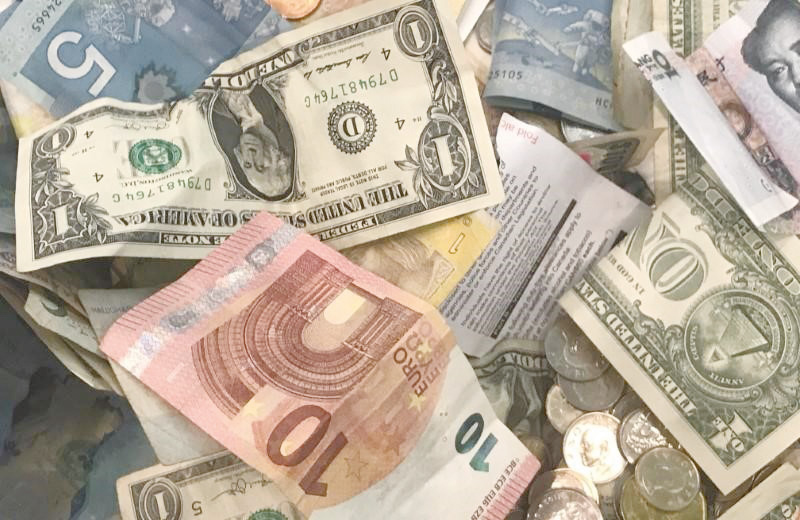

Some Asian economies running large external surpluses, including Thailand and South Korea, might be forced to tighten monetary policy soon as high household debt pose a bigger financial risk than the US Federal Reserve’s steady pace of rate hikes.
Up until now, these two economies have been considered immune to the Fed-driven rise in global interest rates, which have roiled currencies in some emerging markets.
Now, though, they are facing growing pressure to return credit conditions to more normal levels after years of cheap money have stoked a domestic borrowing binge. In Thailand, for example, household debt has been running high for years, spurring calls for higher rates to stave off risks in the banking system.
Thailand’s central bank held rates steady on Wednesday but said the need for current easy policy would be “gradually reduced,” reinforcing views that it may soon start tightening for the first time in years.
South Korea’s central bank is under political pressure to raise rates amid a public outcry for policymakers to tackle soaring home prices, which are leaving households strapped with debt and much less cash for discretionary spending.
Many analysts expect South Korea’s central bank, which stood pat in August, to tighten once before the end of this year to track further expected rate hikes by the Fed.
“Even in economies with solid current account surpluses, like Korea and Thailand, central banks are gearing up for rate hikes in the coming months,” said Frederic Neumann, co-head of Asian Economic Research at HSBC.
“After keeping monetary policy highly accommodative for many years, there is a clear desire to normalise interest rates.”
Strong external surpluses have insulated these economies from this global trend so far, significantly reducing pressure on portfolio outflows that have gripped deficit countries such as India and Indonesia.
But as rates rise faster than expected around the world, Thailand and South Korea — which had not been on the radar for any interest rate hikes this year — are now expected to follow sooner than previously thought, potentially by December.
To the extent that the pressure for higher rates is a sign of contagion, it is only a mild one. The Korean won, for example, has weakened this year, but a 4-per cent drop compares with double-digit falls in India, and sharp losses in Indonesia and the Philippines.
DEBT RISKS
That suggests the dollar’s rise driven by the Fed, which hiked twice this year and is expected to do so again at next week’s meeting, is only part of the picture.
The more compelling reason to act for the Thai and South Korean central banks is rising household debt, even though external uncertainties such as escalating global trade frictions could discourage policy makers from pulling the plug on loose monetary conditions prematurely. — Reuters
Leika Kihara
Oman Observer is now on the WhatsApp channel. Click here



